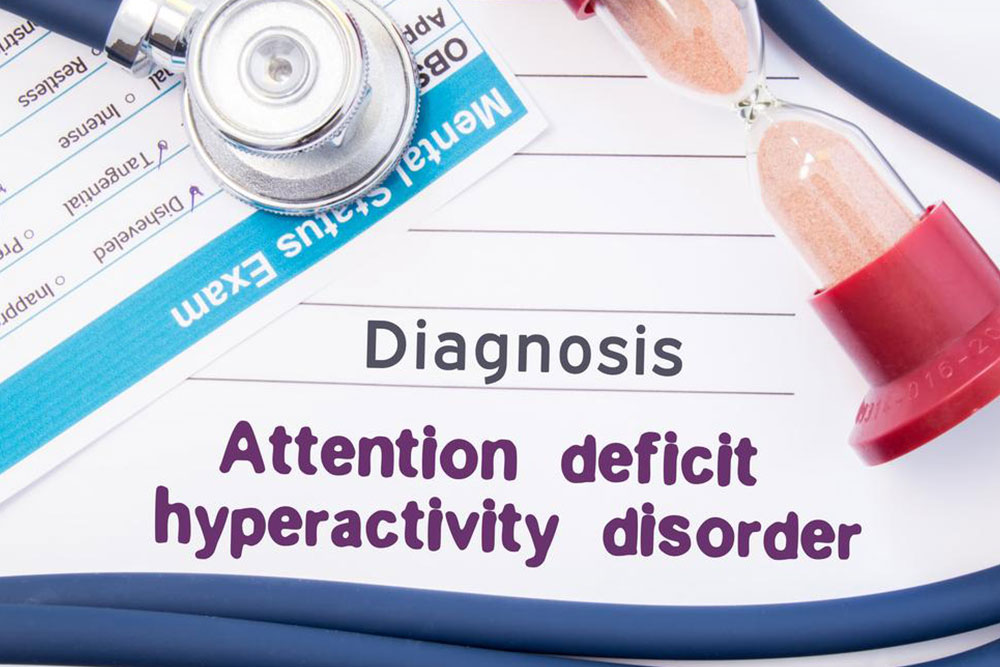Understanding Concussion: Causes and Key Symptoms
Learn about the causes, symptoms, and importance of prompt treatment for concussions. Recognizing early signs like dizziness, confusion, and nausea can help prevent serious complications. Seek medical attention immediately if a head injury occurs, especially if symptoms persist or worsen. Proper diagnosis and timely care are essential for recovery. This comprehensive overview emphasizes the significance of understanding concussion signs and the need for medical intervention to ensure safety and health.

A concussion is a form of Traumatic Brain Injury (TBI) caused by a blow to the head or a sudden jolt that causes the brain to shift rapidly inside the skull. This movement can lead to chemical changes and, in some cases, brain cell damage. While often considered mild, concussions can have serious consequences if not properly managed.
The brain is protected by cerebrospinal fluid within the skull, cushioning against minor bumps. However, more forceful impacts—such as car accidents or violent shakes—can surpass this protection, resulting in brain movement and potential injury. These impacts also risk internal bleeding.
Recognizing symptoms like fatigue, dizziness, nausea, confusion, ringing ears, and sleep disturbances is crucial. Persistent signs warrant immediate medical attention. Severe cases, especially third-degree concussions, require prompt hospital evaluation. Medical professionals use tests and observation to diagnose and monitor your condition.
Always seek medical help if a concussion is suspected, particularly if symptoms worsen or recur. Early diagnosis and treatment are vital for recovery and preventing lasting damage.







